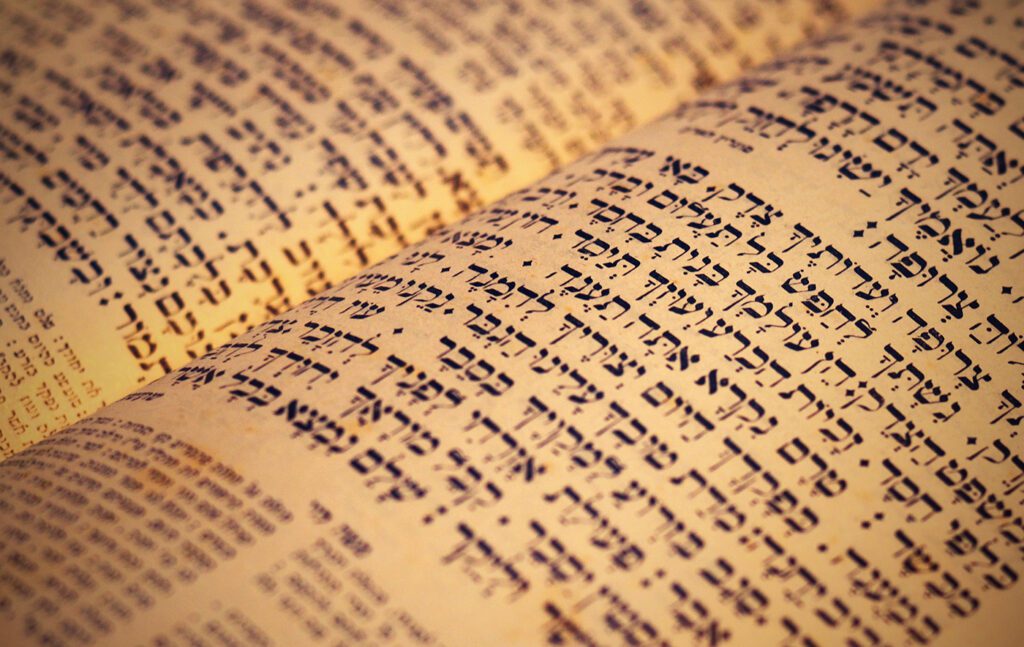What is OCD related to fear of judaism?
| Judaism related Scrupulosity OCD involves fears that one is not following the laws set forth by Jewish scripture, or one’s Rabbi in interpreting Jewish scripture. In the Jewish religion, there are many rules and rituals laid out for living a proper, spiritual existence. The Torah (the first five books of Moses) sets forth 613 separate commandments as to actions and conduct that a religious Jew must perform, and actions or conduct that are prohibited. There are 248 commandments that govern what Jews should do and 365 commandments that govern what Jews should not do, to be exact. Religiously observant Jews follow these laws. These commandments, and subsequent rabbinic interpretations of these commandments, provide rules, and in many cases detailed instructions, for completion of almost every daily activity, including what foods can be eaten and how food is to be prepared, observance of the Sabbath, and the performance of ritual laws for personal and family purity. While these rules and rituals do not cause a person to have OCD, they can certainly explain why a person’s OCD theme might be related to Jewish religious practice, as OCD tends to latch on to the most important aspects of our lives. People with Judaism-themed Scrupulosity OCD suffer from an internal struggle between doing whatever it takes to follow the 613 laws related to their practices and values, and living in extreme distress. |
Judaism scrupulosity OCD – Common obsessions
- Contamination fears related to food preparation, consumption, and clean up
- Perfectionism in prayer, rituals, and study
- Modesty and purity
- Intrusive worries about past violations of Jewish law, real or imagined
Common triggers
| People with Judaism-related Scrupulosity OCD may be triggered by any situation governed by or related to Jewish law. With Jewish law being as extensive as it is, one’s entire day could be triggering. Some of the most triggering situations likely involve keeping Kosher, including following dietary laws regarding what foods can be eaten, how food must be prepared, when different foods can be eaten, being around potentially non-kosher foods at a restaurant or at another’s home; attending prayer services; attending religious school; and engaging in interpersonal relationships and social gatherings. Every person’s OCD triggers are different—even if a situation doesn’t relate directly to Jewish law or religious practice, OCD may often be triggered nonetheless. |
How can I tell if it’s Judaism OCD fears, and not appropriate religious practice?
A few good rules of thumb are:
- Are others in my Jewish community engaging in these behaviors?
- Am I performing these behaviors in excess of the requirements of Jewish law?
- Am I experiencing distress while engaging in these behaviors?
If your answer to question 1 was “No,” to question 2 was “Yes,” and to question 3 was “Yes,” you could be experiencing Judaism-related Scrupulosity OCD. You may also want to ask yourself: Are others noticing my distress? Has anyone in the community asked me if I was alright? Am I underperforming at my job? Are my marriage, friendships, or relationships with my children strained? If so, these are additional reasons to seek an OCD diagnosis.
Common compulsions performed mentally or physically
- Excessive a.) checking of food to ensure it is kosher, b.) cleaning to avoid cross-contamination of milk and meat products, and c.) hand-washing when handling milk and meat utensils or cookware.
- Excessive praying, clarifying, or re-reading religious text; rumination and reassurance-seeking related to religious concepts (i.e. self-reassurance or asking rabbis). Some folks may even make up new prayers that are not a part of Jewish law.
- Dressing in excessively modest clothing or avoiding all potentially “impure” activities.
How to treat fears of Judaism
Judaism-related Scrupulosity OCD can be debilitating for people who struggle with it, but it is highly treatable. By doing exposure and response prevention (ERP) therapy, sufferers can learn to tolerate the uncertainty they feel surrounding religious practices.
First and foremost, it is important for the therapist you work with to have a general understanding of the practices involved in Judaism, so as to be able to distinguish between typical religious practice and OCD symptoms. Clinicians could consult with your rabbi or review literary information on your particular affiliation of Judaism.
Next, your therapist would assist you in monitoring your obsessive thoughts and compulsive behaviors, and in differentiating religious practice from OCD. They would collaborate with you in creating ERP exercises involving exposure to feared situations and prevention of typical compulsive responses.
Judaism-related Scrupulosity OCD requires customization, as therapists should not require you to do a prohibited act or a sinful act as an exposure; rather, they would expose you to the possibility of sinning. The idea here is that you will learn to habituate, or get used to, the idea that you can never be 100% sure that you followed religious law, even if you engage in compulsion after compulsion. In this way, you will learn to sit with uncomfortable emotions without having to purposefully violate religious law during exposures.
If you’re struggling with OCD, you can schedule a free 15-minute call today with the NOCD care team to learn how a licensed therapist can help. At NOCD, all therapists specialize in OCD and receive ERP-specific training. ERP is most effective when the therapist conducting the treatment has experience with OCD and training in ERP.
We look forward to working with you!

